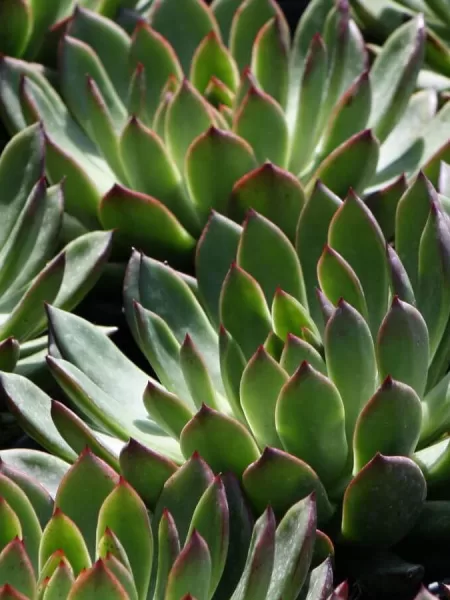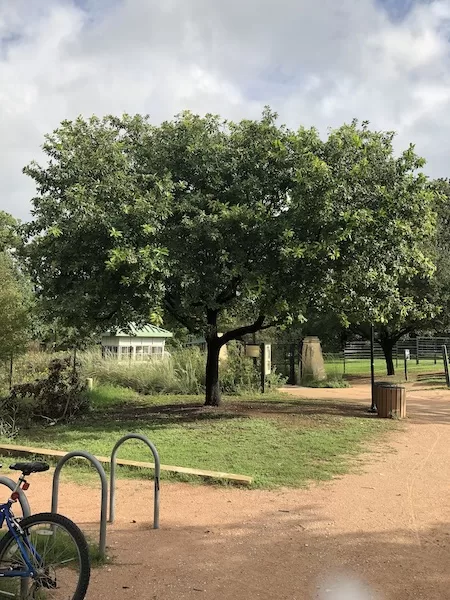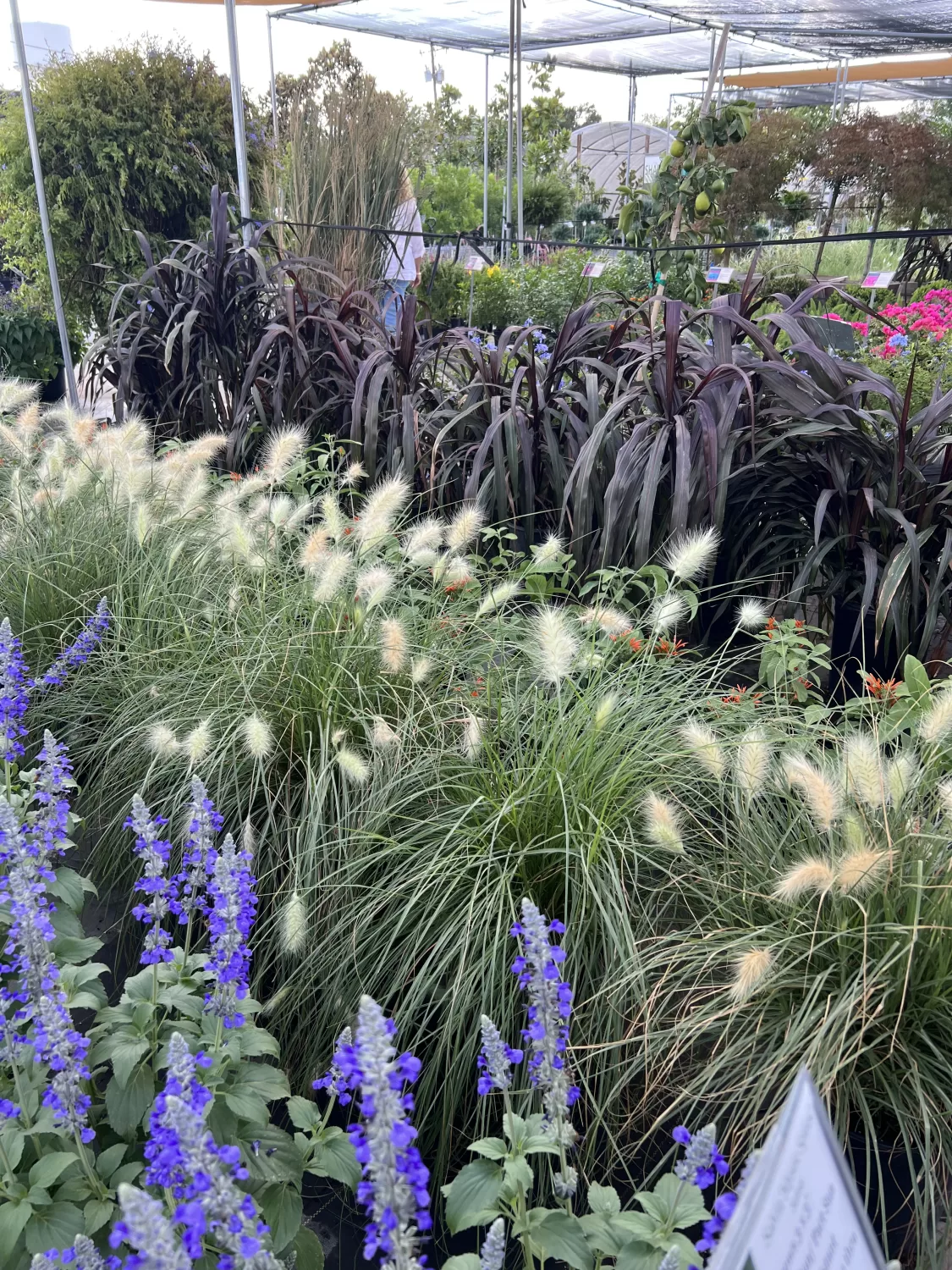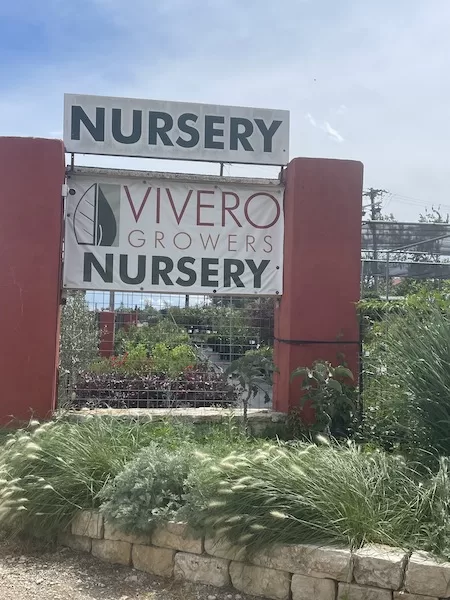Echeveria!!
There are several varieties of Echeveria. I don’t know if I could pick a favorite if I had to. All are equally as fun to plant up in pots and or plant in your drought tolerant beds and landscape. Echeveria are low-maintenance succulents are more of a rosette form though some can grow tall stems. Most all of the Echeveria require little water, so you want to make sure when you plant them they have proper drainage. Check the varieties before you plant. Certain varieties can take the full on Texas sun and most, if not all, would be perfectly happy with a half day sun situation.
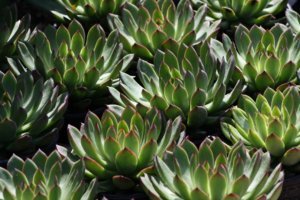
Echeveria
The Echeveria come in many colors and shapes, large leaves, small leaves, curled leaves even warty leaves.
The neat thing about the Echeveria and most of the succulents in general is that they all seem to wake up in the cooler temps, and turn colors. The Coppertone Sedum for example is yellow all year and with the cooler temps, turns orange. And then there are the blooms, oh the blooms. You are sure to be enamored with the blooms. Depending on the succulent, they can be single or multiple colors, and have single and or multiple blooms on the stalk.
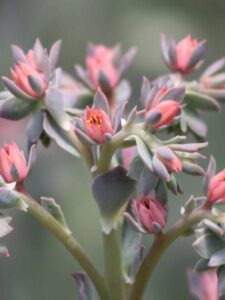
Make sure to check the type you have regarding the heat and sun as well. Some hold up better in the full Texas heat we have here in Austin and Dripping Springs area and others need some shade. (who doesn’t!!) Having said that, you can often times acclimate them to the sun. You just don’t want to take one from a greenhouse in August and pop it outside in the full sun. Another tip is to plant in well drained soil. Lastly, make sure your pot has a hole in it.
In the winter, you will want to bring them inside or cover them really well. This should not deter you from planting them up in pots or in your landscape. You just need to protect them from freezes.
Some varieties do better than others so make sure to ask and or research your particular plant so you know it’s limitations.
